Leading Healthcare Technology Trends: The Future of Medicine Today
Electronic Health Records (EHR) and Interoperability
revolutionizing healthcare by centralizing patient data and enabling seamless information exchange between providers. This integration reduces administrative errors, enhances care coordination, and ensures that medical professionals have real-time access to accurate patient information, ultimately leading to improved patient outcomes.
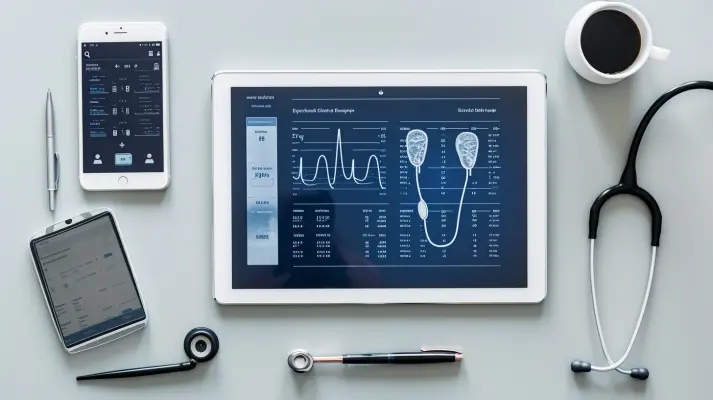
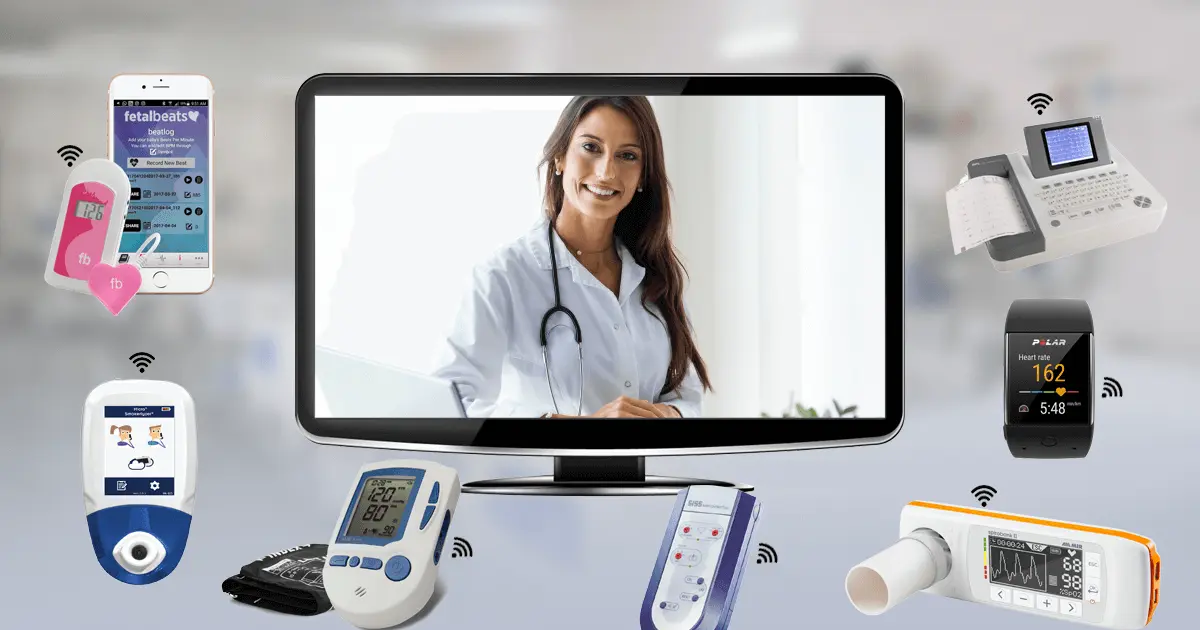
Telemedicine and Remote Patient Monitoring
Telemedicine and remote patient monitoring have revolutionized healthcare delivery, allowing patients to connect with healthcare providers from anywhere. These technologies are breaking geographical barriers, providing continuous care for chronic conditions, and making healthcare more accessible and convenient.
Artificial Intelligence (AI) and Machine Learning (ML) in Healthcare
Artificial Intelligence (AI) and Machine Learning (ML) are driving significant advancements in healthcare, improving diagnostic accuracy, personalizing treatment plans, and predicting patient outcomes. These technologies are reshaping the healthcare landscape by enabling more precise, data-driven care.

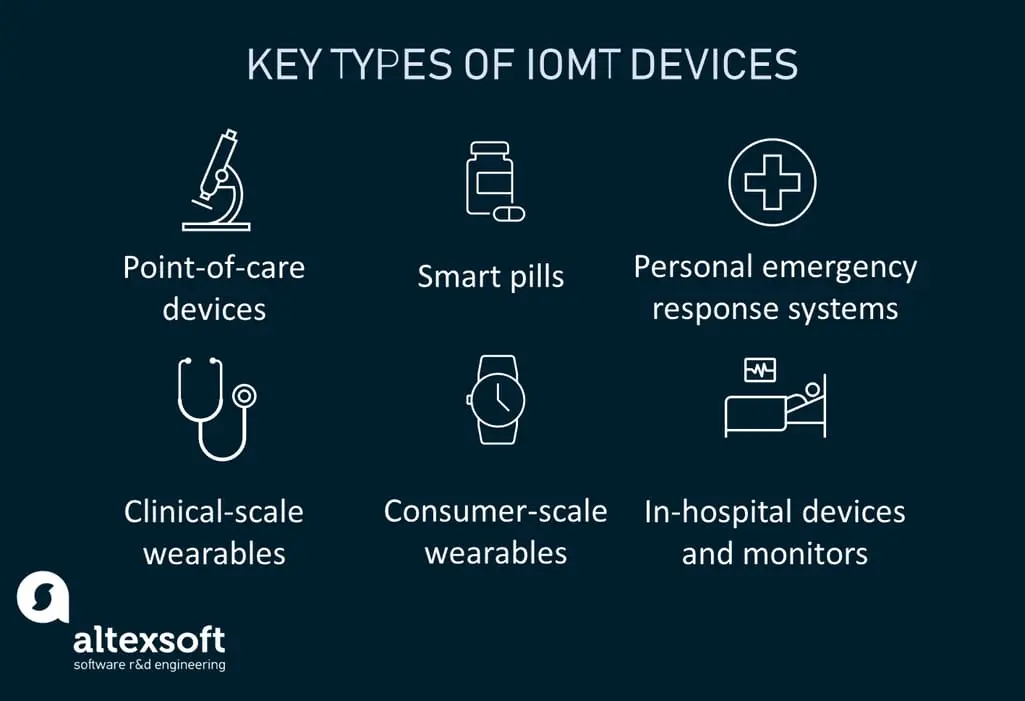
Internet of Medical Things (IoMT) and Wearable Devices
The Internet of Medical Things (IoMT) and wearable devices are at the forefront of preventive healthcare. By continuously monitoring vital signs and health metrics, these devices empower patients to manage their health proactively and allow healthcare providers to offer personalized, real-time care.
Virtual Reality (VR) and Augmented Reality (AR) in Healthcare
Virtual Reality (VR) and Augmented Reality (AR) are revolutionizing medical training and patient care. These technologies provide immersive simulations for medical education and assist in complex surgeries, making healthcare safer and more effective.
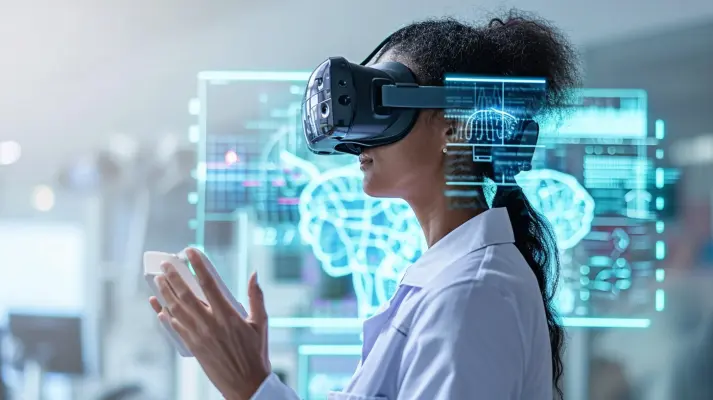
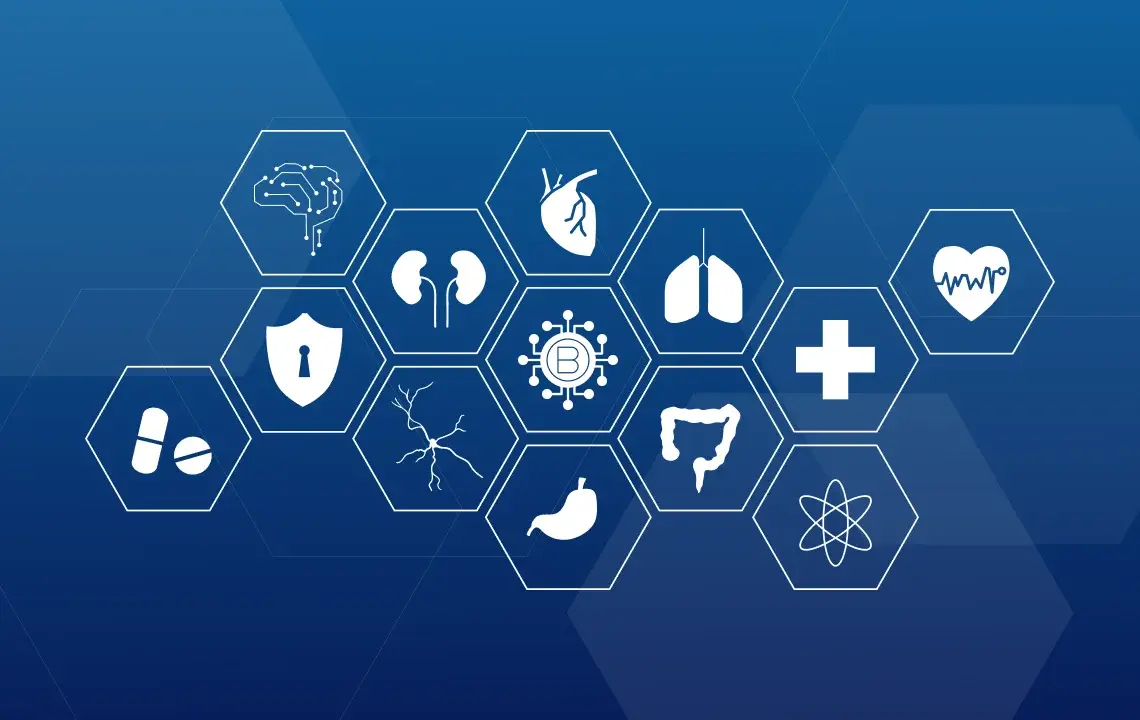
Blockchain in Healthcare
Blockchain technology is enhancing healthcare by securing patient data and improving transparency in data sharing. It ensures that medical records are tamper-proof and accessible only to authorized individuals, promoting data privacy and streamlining healthcare operations.
Personalized Medicine and Genomics
Personalized medicine, driven by advances in genomics, tailors treatments to an individual's genetic makeup. This approach improves treatment effectiveness, reduces adverse reactions, and shifts healthcare from reactive to proactive by predicting and preventing diseases based on genetic risks.
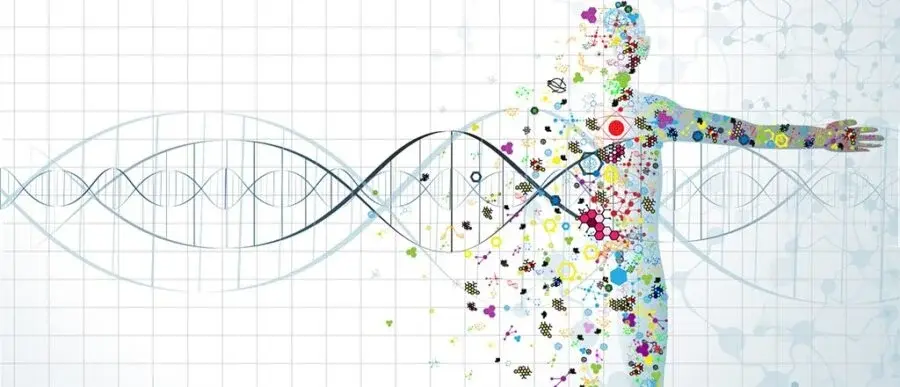
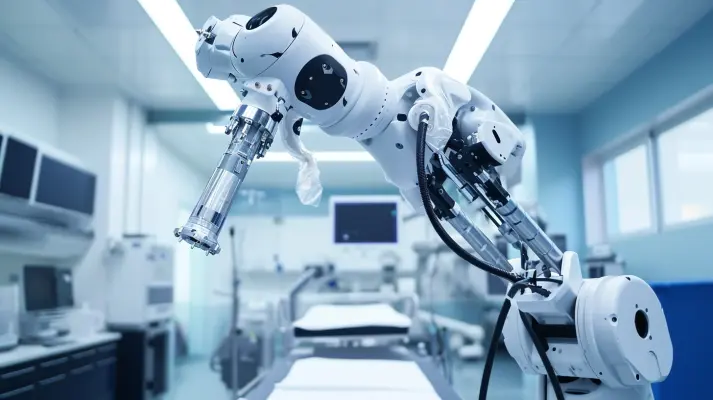
Robotics and Automation in Healthcare
Robotics and automation are transforming healthcare by improving precision in surgeries, automating routine tasks, and enhancing patient care. These technologies allow healthcare professionals to focus more on patient care, improving overall efficiency and outcomes.
Predictive Analytics in Healthcare
Predictive analytics uses data to forecast health outcomes and trends, enabling earlier interventions and more personalized care. By analyzing vast datasets, healthcare providers can predict disease outbreaks, optimize treatment plans, and improve patient outcomes.
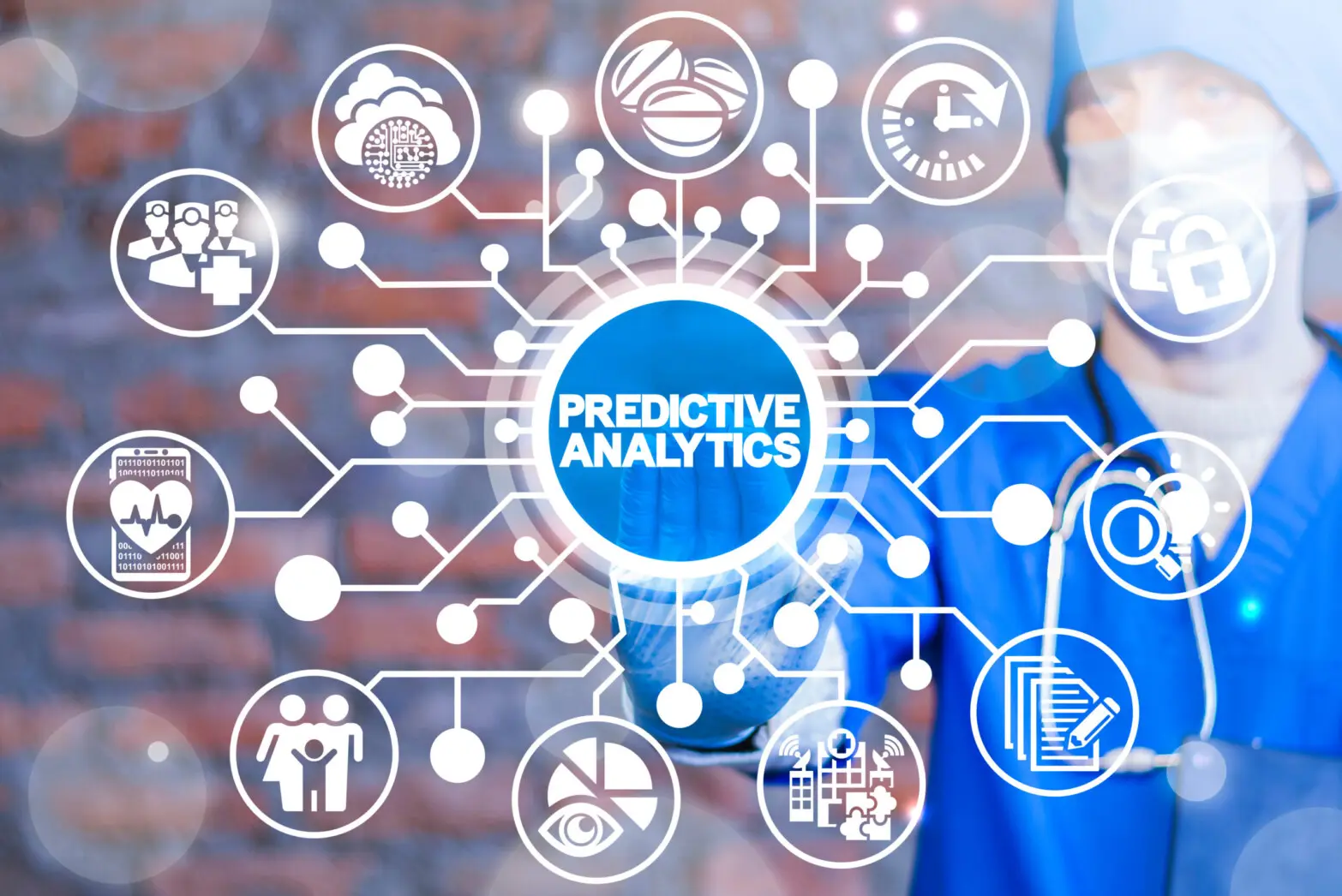

Focus on Mental Health Care
The focus on mental health care is growing, with technology playing a key role in making mental health services more accessible. Digital platforms are reducing stigma, offering remote therapy options, and integrating mental health into primary care, leading to better support for those in need.
Organ Care Technology & Bioprinting
Organ care technology and bioprinting are advancing rapidly, offering new solutions for organ transplants and tissue engineering. Bioprinting, in particular, holds the potential to create custom organs, reducing the shortage and improving transplant outcomes.


Digital Twin Technology
Digital twin technology creates virtual replicas of physical entities, such as patients or medical devices, allowing for precise simulations and personalized care. This innovative approach enhances patient outcomes by enabling real-time monitoring and predictive modeling.
The integration of these technologies will undoubtedly continue to evolve, driven by ongoing advancements and the needs of a changing world. A recent statistic reflects this dynamism: a survey found that 80% of healthcare providers plan to increase their investment in digital healthcare tools in the next five years.